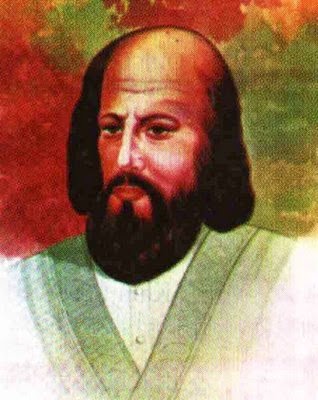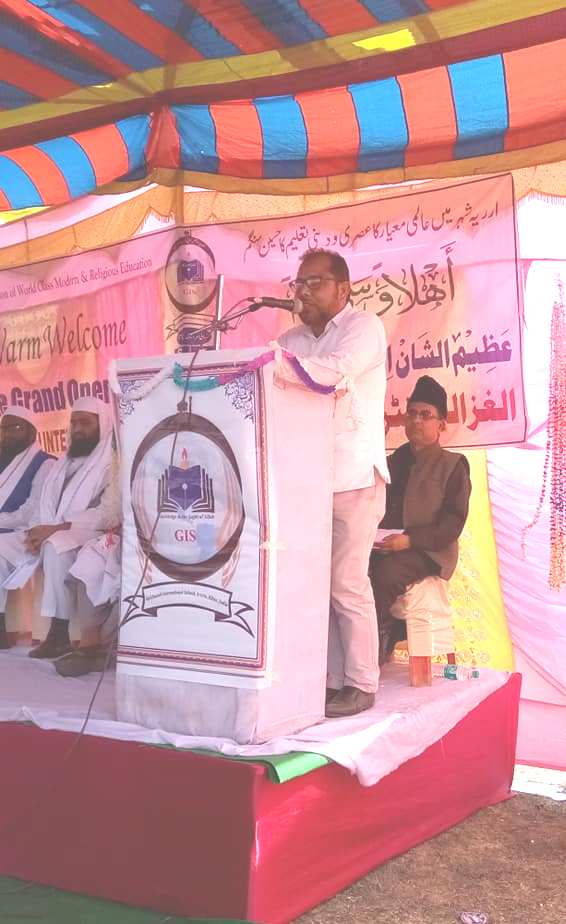

As a result, they can see in their waking moments what other people only see haphazardly in their dreams, and they receive an insight into the nature of things through an immediate flash of intuition rather than through laborious learning.

The prophets are those who have succeeded in cleansing their inner mirrors of all the rust and dirt accumulated by bodily desires and comparisons with others. These people are the prophets, which appear in all times and places, as messengers to remind mankind of their true purpose and their ultimate goal. Indeed, al-Ghazali emphasizes that only a few people have attained this supreme happiness, which is the ecstasy of union with the divine. Such a task is not easy, thus it would seem that genuine happiness is not a state most people can attain. As he writes, “the aim of moral discipline is to purify the heart from the rust of passion and resentment till, like a clear mirror, it reflects the light of God.” The key to this polishing is the elimination of selfish desires and the adoption of a contrary desire to do what is right in all aspects of one’s life. The essence of oneself is likened to a perfect mirror which if polished would reveal one’s true divine nature. In the Alchemy of Happiness, al-Ghazali begins by writing that “He who knows himself is truly happy.” Self-knowledge consists in realizing that we have a heart or spirit which is absolutely perfect, but which has been covered with dust by the accumulation of passions derived from the body and its animal nature. This would prove the key secret to happiness, one that would satisfy the very purpose for which Man is created. His task was to transform Islam, away from the mere adherence to rules, to the inward mystery of a live encounter with God. Then he went on the pilgrimage to Mecca, where he became convinced that he had been appointed to be the next great reformer of the faith. He went to Syria to live with Sufi monks and to adopt a lifestyle that was solely based on discovering the real truth about the self and one’s relation to God. The prophets of all times are the ones who have experienced this reality based on transforming themselves away from a self-centered to a God-centered existence.Īrmed with this new insight, al-Ghazali left Baghdad and all of his material possessions (except some books which were later stolen by thieves, a sign that he had to also leave those behind), as well as his cozy position at the University. This way was that of immediate experience, an inward discovery that depends not on logic but on intuition and imagination.

He finally concluded that there was no rational way to refute skeptical doubt, but that there was another way to discover truth, one hinted at by the prophet Muhammad and the sages within the Sufi tradition, the mystical side of Islam. But for the next five years he was gripped in a spiritual crisis, trying to find a rational foundation for Islam’s basic principles as outlined in the Qu’ran.

He was appointed Professor of Theology at the University of Baghdad at the tender age of thirty-three. One of al-Ghazali’s nicknames is “The Proof of Islam,” and he is called that not only because of the sagacity of his writings, but because of the quality of the life he lived. The ultimate ecstasy, al-Ghazali contends, is not found in any physical thing, but rather lies in discovering through personal experience one’s identity with the Ultimate Reality. In this we see some of his core ideas: that happiness consists in the transformation of the self, and that this transformation consists in the realization that one is primarily a spiritual being. Indeed, his monumental Revival of the Religious Sciences, which runs over 6000 pages and 4 volumes, was reprised as a shorter text in Persian, labeled the Alchemy of Happiness. What most people don’t know, however, is that al-Ghazali wrote extensively on the topic of happiness.


 0 kommentar(er)
0 kommentar(er)
